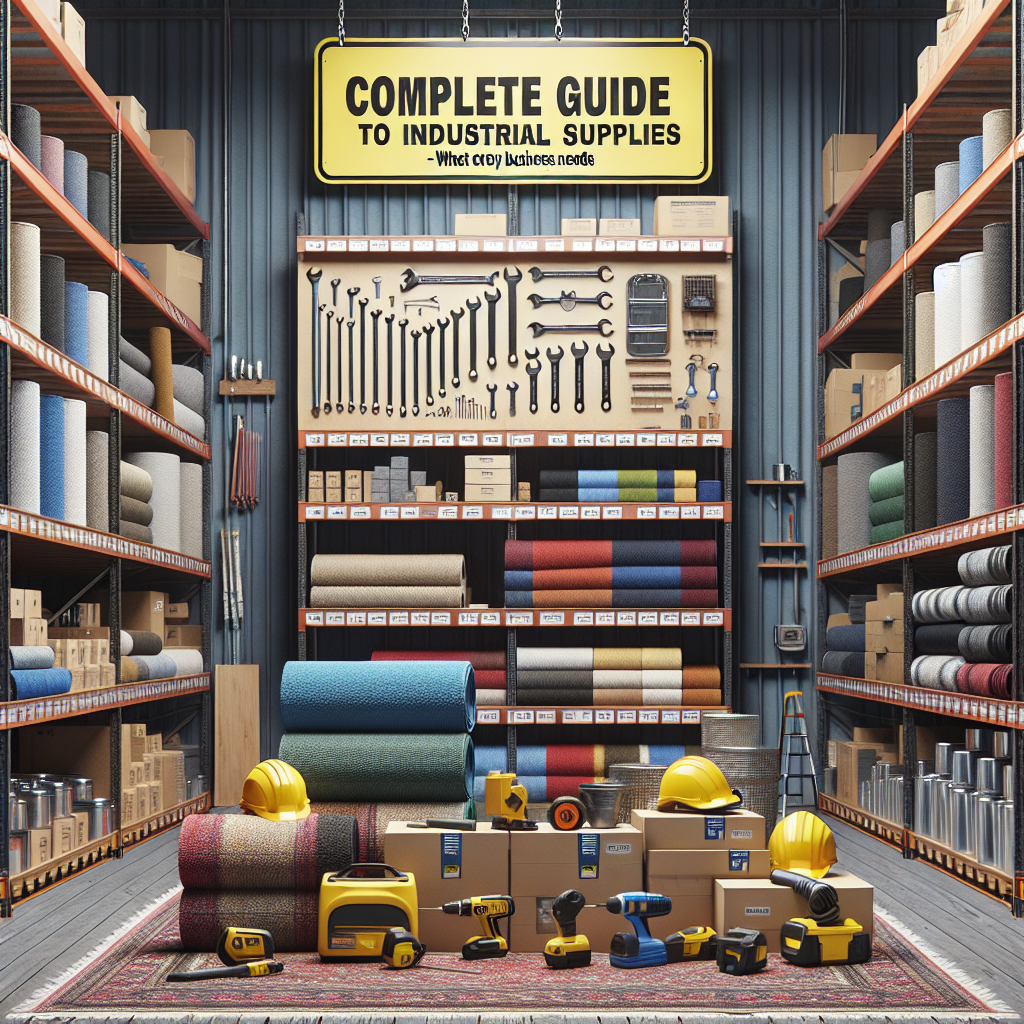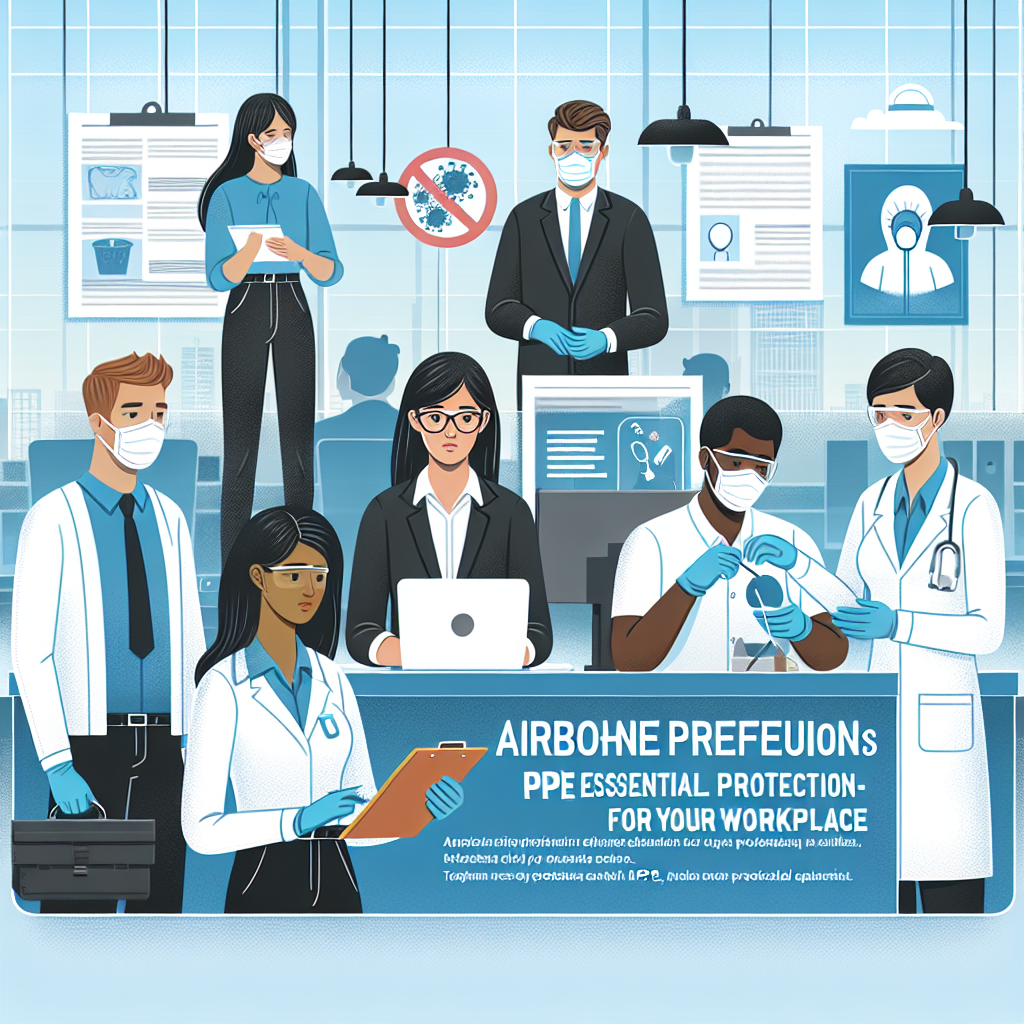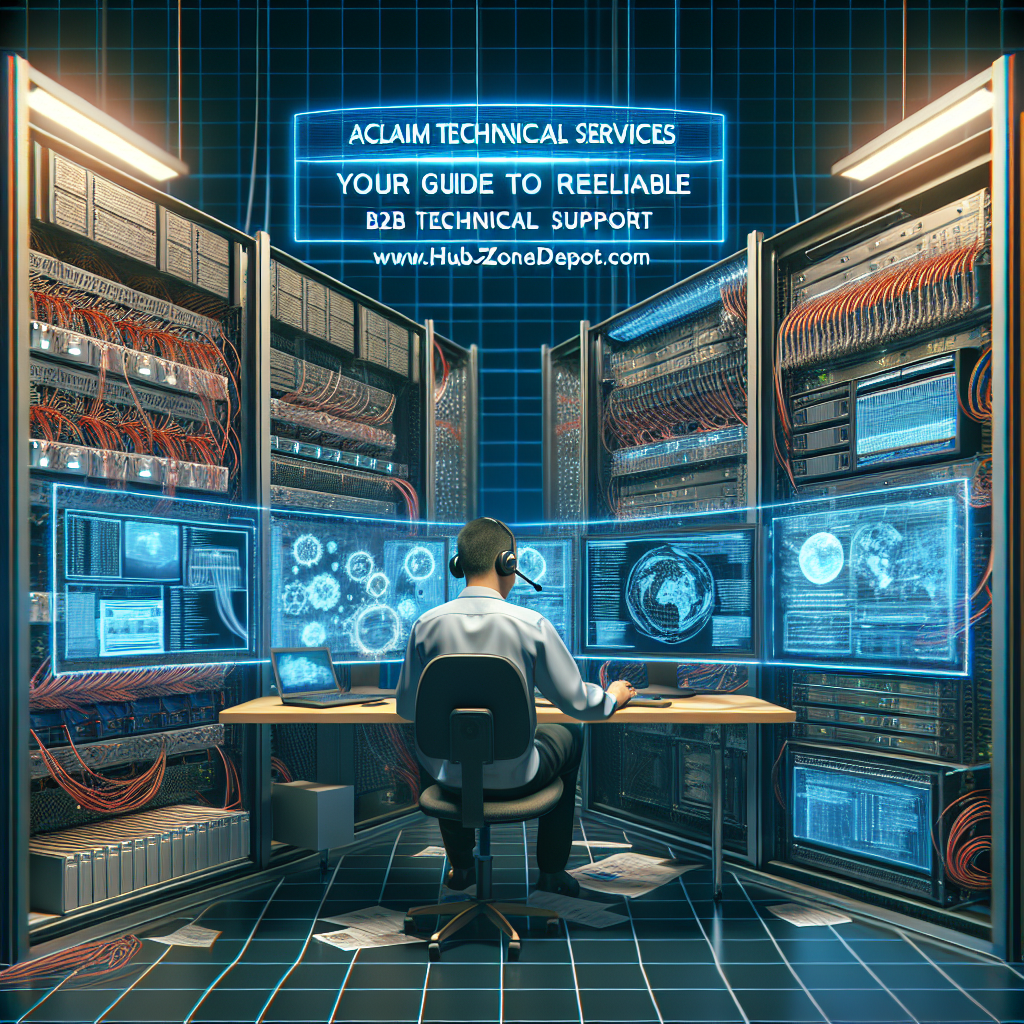Complete Guide to Industrial Supplies: What Every Business Needs
Introduction to Industrial Supplies
Imagine running a marathon wearing flip-flops. Sounds absurd, right? The same principle applies to businesses operating without the right industrial supplies. From enhancing production efficiency to ensuring workplace safety, industrial supplies are the backbone of any operational infrastructure.
At its core, industrial supplies encompass a vast array of products and equipment pivotal for day-to-day operations in sectors like manufacturing, construction, and logistics. These resources include everything from heavy-duty machinery and maintenance supplies to safety equipment, all designed to ensure that your enterprise runs as smoothly as a well-oiled machine.
The Basics: What Are Industrial Supplies?
- Industrial Equipment: This includes tools such as forklifts and conveyor belts that are essential for moving and storing goods efficiently.
- MRO (Maintenance Repair Operations) Products: These are critical for keeping facilities operational and include everything from gaskets to lubricants.
- Safety Gear: Helmets, gloves, and protective eyewear keep employees safe in potentially hazardous environments.
- Commercial Supplies: Items like office furniture and lighting that support the functionality of business premises.
The importance of procuring the right industrial materials cannot be overstated. According to a report by Grand View Research, the global industrial equipment market size was valued at USD 1.08 trillion in 2020 and is expected to expand at a compound annual growth rate (CAGR) of 4.3% from 2021 to 2028.[1](https://www.grandviewresearch.com/industry-analysis/industrial-machinery-market)
This surge underscores the growing demand for quality industrial solutions tailored to specific industry needs. It’s not just about having any tools or equipment but having the right ones that align with your business objectives—whether that’s reducing downtime with efficient factory tools or ensuring top-notch worksite safety with industry-standard protective gear.
Navigating this complex landscape requires strategic foresight. For those in leadership roles like Purchasing Directors or CFOs, understanding these essentials can be akin to possessing a treasure map leading straight to operational efficiency treasures. If you’re looking for insights on achieving this level of mastery, our detailed guide on maximizing indirect spend management strategies can be an invaluable resource.
The world of industrial supplies is vast yet crucially significant—so whether you’re outfitting a new plant or simply aiming to streamline existing operations, prioritizing high-quality commercial-grade materials can pave the way for sustained business success.
Understanding the Different Categories of Industrial Supplies
For purchasing directors and CFOs aiming to streamline their procurement processes, a comprehensive understanding of industrial supplies is crucial. The world of industrial products is vast and can often feel like a labyrinth of bolts, safety goggles, and high-grade machinery. Whether you’re sourcing for a small workshop or a sprawling manufacturing plant, knowing what fits where makes all the difference.
1. Manufacturing Supplies
Arguably the backbone of any production line, manufacturing supplies encompass everything from industrial equipment to factory operation essentials. These include:
- Production Equipment: Machines that aid in the manufacturing process.
- Industrial Machinery: Heavy-duty apparatuses essential for large-scale production.
- Mechanical Components: The nuts and bolts of operations—literally!
2. Construction Supplies
If your business operates in the construction sector, obtaining quality construction supplies is non-negotiable. This category includes construction-grade equipment, ensuring durability under demanding conditions.
3. Maintenance, Repair, and Operations (MRO) Products
MRO supplies are indispensable across various sectors, ensuring facilities run smoothly without unexpected hiccups. Consider them your operational lifeline:
- Safety Equipment: From hard hats to steel-toe boots, safeguarding your workforce is pivotal.
- Facility Maintenance Products: These keep your workplace spick and span.
- Spares & Replacements: For when things inevitably go awry.
The Role of Wholesale Industrial Supplies
Sourcing bulk industrial products offers significant cost benefits while ensuring consistent supply chain efficiency—a strategy worth considering for any forward-thinking procurement team. By finding reliable wholesale partners like Hubzone Depot, businesses can mitigate risks associated with supply chain disruptions.
Diving deeper into the intricacies of industrial procurement? Explore more about effective management strategies with our comprehensive resources on category management in procurement.
Navigating through these categories not only aids in better decision-making but also aligns with broader business objectives such as cost-efficiency and operational excellence. After all, even the most sophisticated CFO will appreciate a well-stocked toolbox over an empty warehouse!
The Importance of Safety Equipment in Industrial Operations
In the world of industrial operations, safety isn’t just a priority—it’s a necessity. From bustling factory floors to vast construction sites, the need for safety equipment is as critical as the materials that bring projects to life. But why exactly is safety gear so vital?
Protecting Human Capital
Let’s face it: humans are irreplaceable. According to the Occupational Safety and Health Administration (OSHA), businesses spend an average of billion per week on serious workplace injuries (source: OSHA.gov). Investing in high-quality safety equipment not only safeguards employees but also saves companies extensive costs associated with workplace accidents and downtime.
- Head Protection: Helmets can prevent life-threatening injuries from falling objects on construction sites.
- Respiratory Gear: Essential for workers exposed to harmful dust or gases, particularly in manufacturing sectors.
- Protective Clothing: Helps avoid burns, cuts, and exposure to hazardous chemicals.
Ensuring Compliance and Reducing Liability
No one enjoys navigating the labyrinth of regulations, but compliance with industry standards is non-negotiable. Using appropriate safety equipment ensures adherence to regulatory requirements, reducing legal liabilities. It’s like having an umbrella on a rainy day—you may not always need it, but you’ll be grateful when you do.
Enhancing Productivity and Morale
A safe work environment not only protects workers but also boosts morale and productivity. Employees are more likely to engage actively and efficiently when they feel secure. A study by Liberty Mutual found that every dollar invested in injury prevention returns fourfold through improved productivity (source: Liberty Mutual Research Institute for Safety).
A Real-world Example
Take the example of XYZ Manufacturing, a mid-sized firm that integrated comprehensive safety measures after witnessing increased incidents. Post-implementation, they saw a 30% decrease in workplace injuries and a significant uptick in production efficiency within six months.
The right safety equipment, much like an invisible suit of armor, shields your workforce from harm while solidifying your standing as a responsible employer committed to maintaining industry standards. So remember, when it comes to industrial operations, it’s better to be safe than sorry—or as we like to say in procurement circles—better safe than inspected!
Choosing the Right Maintenance Supplies for Operational Efficiency
In the ever-evolving landscape of industrial operations, where time is money and efficiency reigns supreme, selecting the right maintenance supplies can be akin to finding a needle in a haystack—if that needle was also responsible for keeping your entire operation smooth and seamless. But fear not! With the proper guidance, your business can not only find that “needle” but also ensure it shines like a beacon of operational efficiency.
Understanding Your Needs
The first step in choosing the right maintenance supplies is understanding your specific operational needs. Every factory or production line has its own quirks and requirements. For some, this might mean prioritizing heavy-duty supplies or mechanical components, while others may focus on safety equipment or electrical supplies.
- Assess Equipment Lifespan: Conduct regular audits of your industrial machinery to determine when parts are likely to need replacement. According to a study by McKinsey, predictive maintenance could save industries upwards of 0 billion by 2025 through reduced downtime and extended equipment life.
- Vendor Reliability: Partner with suppliers known for consistent quality and delivery. This ensures minimal disruptions in supply chain management, which according to Deloitte’s research, is crucial for operational stability.
- Sustainability Goals: Opt for eco-friendly products wherever possible. Not only is this better for our planet, but it also aligns with global trends towards sustainable industrial practices, which can enhance brand reputation and customer loyalty.
The Role of MRO (Maintenance Repair Operations) Products
MRO products are the unsung heroes of any efficient operation. They include everything from factory tools to facility maintenance products—keeping things running behind the scenes so seamlessly that their absence is only noticed when things go awry.
- Preventive Maintenance: Establish a regular schedule using MRO products to conduct preventive maintenance checks. This proactive approach reduces sudden breakdowns and enhances productivity.
- Inventory Management: Keep track of inventory levels for wholesale industrial supplies to avoid last-minute scrambles that might lead to costly downtimes.
A key takeaway here is the importance of strategic planning in your procurement process. As highlighted in our comprehensive guide on procurement cost analysis, effective management strategies can significantly streamline operations and reduce costs over time.
The Bottom Line: Efficient Maintenance Equals Efficient Operations
Your business’s ability to thrive depends largely on how well-oiled (pun intended) its operations are. By focusing on choosing the right maintenance supplies, you’re not just buying components—you’re investing in a future-proof strategy that boosts operational efficiency and ensures long-term success.
Procurement Solutions: Streamlining Your Supply Chain
In the intricate world of industrial supplies, optimizing your supply chain is not just about cutting costs—it’s about driving efficiency and fostering innovation. As Purchasing Directors and CFOs know, this task is akin to conducting an orchestra; every player must perform in harmony to create a masterpiece. Let’s dive into strategies that can transform your procurement process from a cacophony into a symphony.
Understanding the Importance of Streamlined Procurement
- Cost Efficiency: Reducing procurement costs is more than just negotiation; it involves strategic planning and understanding the total cost of ownership. For more insights, check out our Ultimate Guide to Conducting a Total Procurement Cost Analysis.
- Risk Management: Efficient supply chains mitigate risks by diversifying suppliers and enhancing resilience against disruptions (McKinsey & Company).
- Sustainability: Emphasizing eco-friendly industrial products not only aligns with global sustainability goals but often results in financial savings too (Forbes).
Implementing Technology for Seamless Operations
The digital age offers myriad tools to streamline procurement, from AI-driven analytics to cloud-based platforms. These technologies facilitate real-time data analysis, helping businesses make informed decisions swiftly—a crucial capability when dealing with extensive industrial materials and manufacturing supplies.
“Digital supply chains reduce operational costs by up to 30% while improving service levels by 100%.” – Boston Consulting Group
If you’re pondering over integrating tech solutions into your procurement strategy, consider reading our piece on Maximizing Efficiency: Indirect Spend Management Strategies.
The Role of Supplier Relationships in Procurement Excellence
Your supplier relationships are the backbone of an efficient supply chain. Developing strategic partnerships with reliable suppliers ensures consistency in quality and timeliness of delivery for critical components like safety equipment or construction supplies. Cultivating these relationships can even lead to collaborative innovations that benefit both parties.
- Long-Term Contracts: They ensure price stability and supply assurance.
- Consistent Communication: Regular updates keep expectations aligned and foster trust.
- Shared Goals: Aligning on sustainability or technological advancements can lead to mutual growth.
A streamlined procurement process isn’t just about buying industrial machinery or mechanical components at the best price—it’s about forging alliances that enhance your business’s operational capabilities. Ready to take your procurement strategy to the next level? Dive deeper into strategies in our section on Category Management in Procurement.
The Role of Technology in Modernizing Industrial Supply Chains
In today’s rapidly evolving industrial landscape, technology plays a pivotal role in modernizing supply chains, transforming them into more efficient, transparent, and responsive entities. As the demands on Purchasing Directors and CFOs intensify, leveraging cutting-edge technology is no longer a luxury—it’s a necessity.
1. Enhanced Visibility and Tracking
Gone are the days when supply chain management was synonymous with endless paperwork and gut-feeling decision-making. Today, advanced tracking technologies such as RFID (Radio-Frequency Identification) and IoT (Internet of Things) devices provide real-time data visibility across entire supply networks.
- RFID: By embedding RFID tags into industrial supplies and materials, businesses can track their movement through each stage of the production cycle with pinpoint accuracy.
- IoT Sensors: These sensors enable real-time monitoring of environmental conditions, ensuring optimal storage conditions for sensitive equipment like electrical supplies or mechanical components.
2. Automation for Efficiency
A key aspect of technology’s impact on industrial supply chains is automation. Automated systems streamline procurement processes, from order placement to inventory management, reducing human error and speeding up operations.
“McKinsey estimates that automation can boost productivity by up to 30% in warehouse operations alone,” highlighting the transformative potential for businesses investing in these technologies.
3. Data-Driven Decision Making
The ability to make informed decisions based on comprehensive data sets is invaluable. Advanced analytics tools sift through vast amounts of data collected from various sources like operational supplies transactions and maintenance records. This provides actionable insights into procurement trends, supplier performance, and spending efficiency.
4. Cloud-Based Solutions for Collaboration
The adoption of cloud-based platforms facilitates seamless collaboration between stakeholders across the supply chain spectrum—from suppliers to end-users. These solutions ensure that everyone involved has access to up-to-date information, enhancing communication and reducing delays.
P.S.: While technology has revolutionized industrial supply chains, remember that even the most advanced system can’t do much about missing socks from your laundry!
Sustainable Practices in Industrial Supply Management
In the bustling world of industrial supplies, where efficiency meets necessity, there’s a growing awareness about adopting sustainable practices. As Purchasing Directors and CFOs, your decisions today shape not just the bottom line, but also the environmental footprint of tomorrow. So, how does the complex realm of industrial supply management pave the way for sustainability?
Benefits of Sustainable Supply Chains
- Cost Efficiency: Incorporating green practices often translates to savings on energy consumption and waste reduction. According to a report by McKinsey & Company, companies with sustainable supply chains can see up to a 13% cost reduction.
- Brand Image and Reputation: In today’s market, consumers are increasingly environmentally conscious. A study by Nielsen shows that 66% of global consumers are willing to pay more for sustainable goods.
- Regulatory Compliance: With stricter environmental regulations worldwide, sustainable practices ensure that businesses stay ahead of compliance issues.
Sustainable Strategies in Supply Management
The journey toward sustainability can be broken down into actionable strategies:
- Eco-friendly Sourcing: Choose suppliers who adhere to sustainable practices. This includes sourcing from companies that use renewable energy or recycle their products.
- Lifecycle Analysis: Evaluate the entire lifecycle of your industrial products—from production equipment to warehouse equipment and supplies—to identify areas for improvement.
- MRO (Maintenance Repair Operations) Optimization: Streamline maintenance supplies management to reduce waste and increase efficiency. Implementing predictive maintenance technology can drastically cut down on unnecessary spare parts.
- Circular Economy Practices: Engage in recycling and reusing materials wherever possible. Partnerships with businesses focusing on circular economy models can lead to innovative solutions and product designs.
A shining example of sustainability in action is Unilever’s commitment to ensuring all its plastic packaging is reusable, recyclable, or compostable by 2025. Such initiatives highlight the potential for large-scale impact when sustainability is prioritized at every level.
The Role of Technology in Sustainability
The integration of advanced technologies plays a pivotal role in achieving sustainable goals. Technologies such as IoT and blockchain facilitate transparent supply chains while AI-driven analytics optimize resource allocation efficiently. For a detailed exploration on efficiency maximization in indirect spend and beyond, check out our comprehensive guide on indirect spend management strategies.
No longer just a buzzword, sustainability is becoming a core pillar in industrial supply management—a win-win situation that enhances both business resilience and environmental stewardship. As we move forward, let’s embrace these changes; after all, who knew saving the planet could be so good for business?
Conclusion: Equipping Your Business for Success with Hubzone Depot
In the fast-paced and ever-evolving world of industrial supplies, staying ahead of the competition is not just a choice—it’s a necessity. The right industrial procurement solutions can be the secret ingredient that transforms your business operations from mundane to magnificent.
Here at Hubzone Depot, we understand that purchasing directors and CFOs are under constant pressure to optimize costs while maintaining or improving product quality and efficiency. It’s a balancing act worthy of a Cirque du Soleil performer, but we’ve got you covered. Our comprehensive range of industrial supplies—from safety equipment to engineering supplies—is designed to meet the diverse needs of your business efficiently and effectively.
Here’s why you should consider Hubzone Depot as your go-to source:
- Diverse Product Range: Whether it’s essential facility maintenance products or high-demand manufacturing supplies, we provide a one-stop-shop experience—think of us as the Swiss Army knife for your supply chain needs.
- Customized Solutions: Our team works closely with businesses to tailor procurement strategies that align with operational goals, reducing indirect spend and enhancing efficiency. After all, why settle for a cookie-cutter approach when you can have a bespoke solution?
- Compliance & Efficiency: With an eye on industry standards and regulations, our products support compliance without compromising on quality. Because no one likes surprises in audits—except if it involves cake.
The bottom line? A well-oiled supply chain is the backbone of any successful business operation. Whether you’re sourcing bulk industrial products or needing technical materials for your next big project, consider Hubzone Depot as your partner in this journey towards operational excellence.
Remember, success isn’t just about surviving; it’s about thriving with efficient systems and reliable partners by your side. Equip your business with the best in industrial supplies today. After all, even Batman needed his utility belt to save Gotham!






